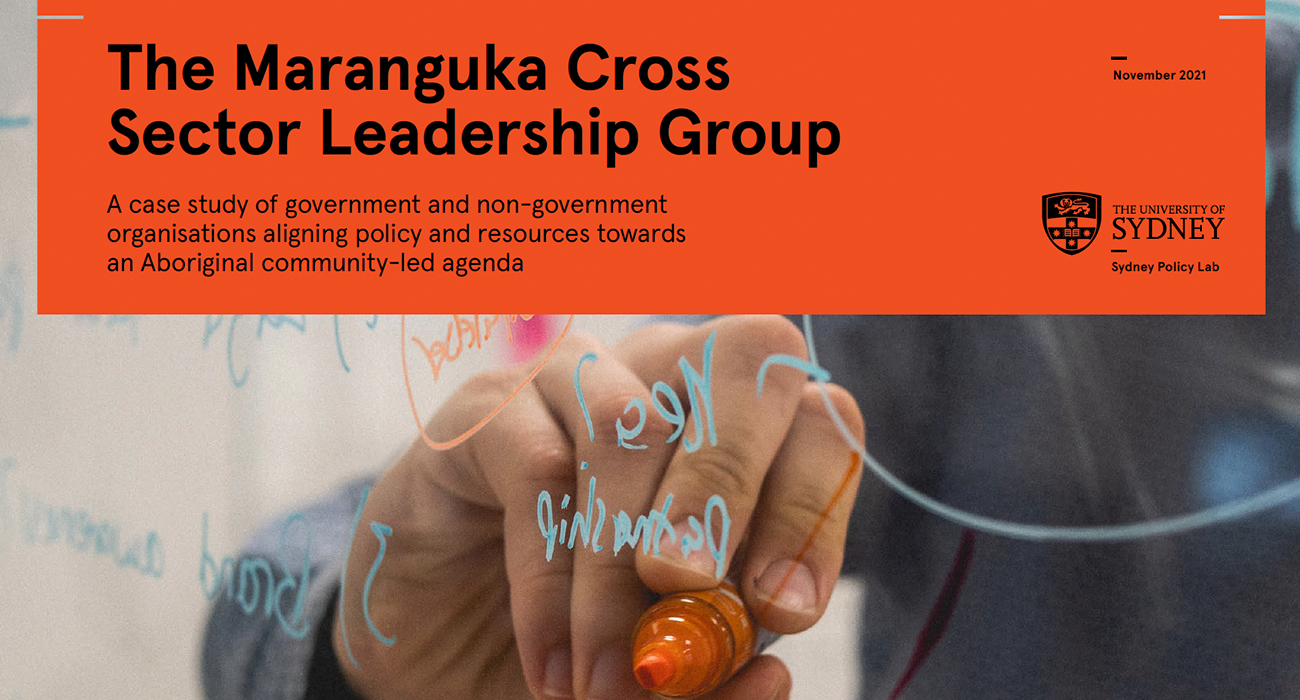The prospect of an improved chance at university entrance or greater affordability through increased public subsidies perhaps or even aversion to a supposedly values-neutral political correctness now sweeping state schools – but that’s all. All the heat over the past few weeks reveals just how little we do know.
This lack of accurate, timely, representative data about parent decision-making is surprising given the extent of public subsidies now helping to shape a large scale market in primary and secondary education.
In 2004 non-government schools are increasingly dependent on public subsidies, and to describe them as ‘independent’ is a misnomer. About 70 per cent of expenditures in the Catholic system are met by the public purse, and the taxpayer meets about a third of the costs in the other non-government schools. By stealth non-government schools, and Catholic ones especially, have become increasingly tied to public financing.
Two important and seemingly contradictory consequences have resulted. On the one hand public funding has enabled market forces to penetrate the provision of education, much to the fury of some.
At the same time however public funding has in effect extended the reach of the public interest into the realm of erstwhile private schools. The potential implications of this are yet to be fully realised, but over time it could redefine what we mean by ‘public education’.
How to avoid education rat race (67.27 kB)
Author: John Spierings



